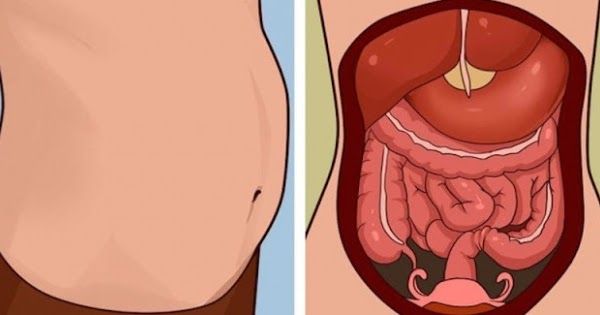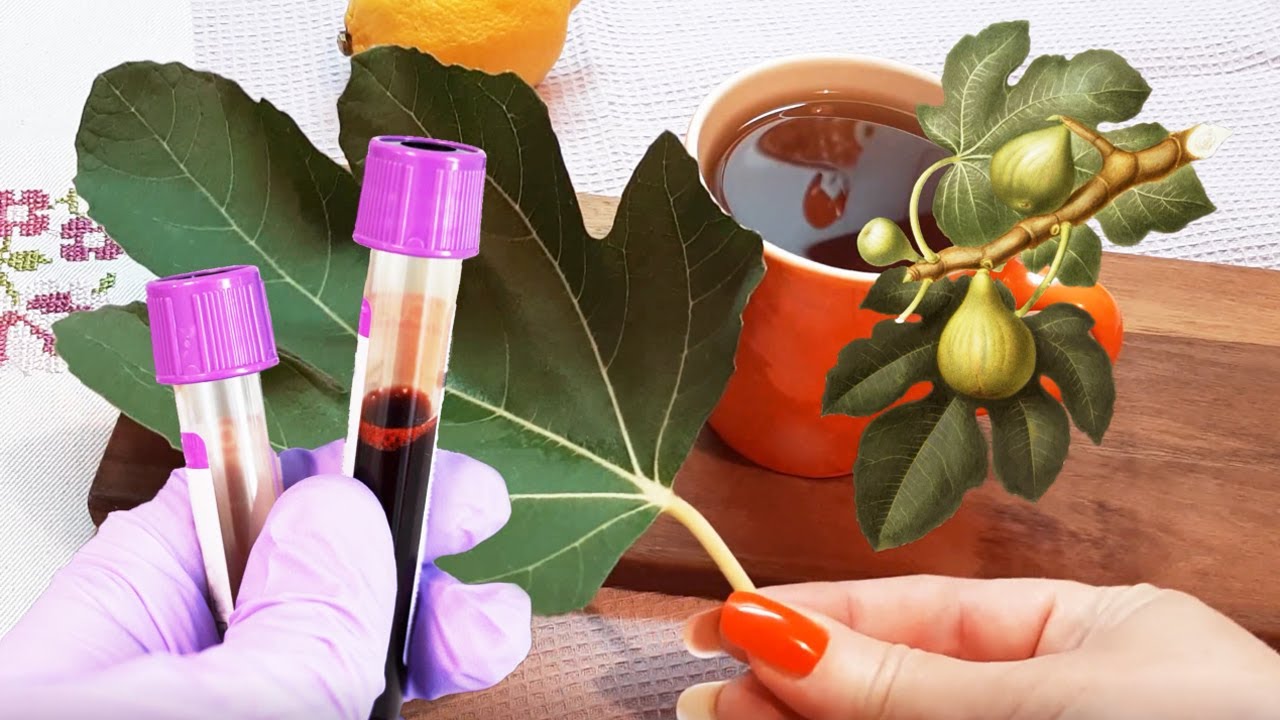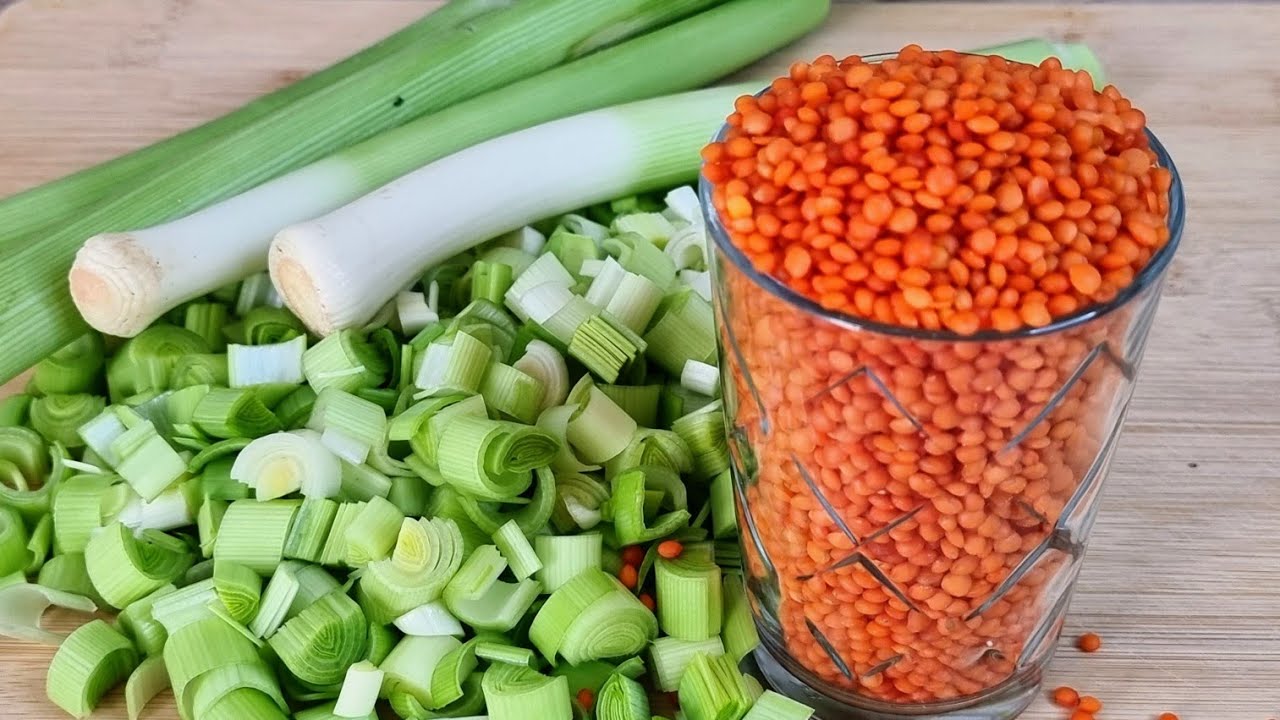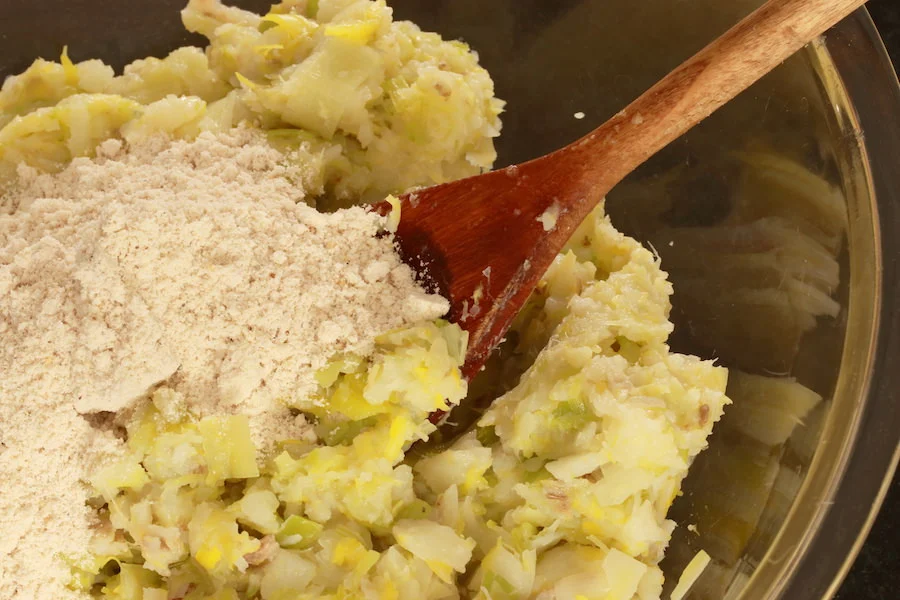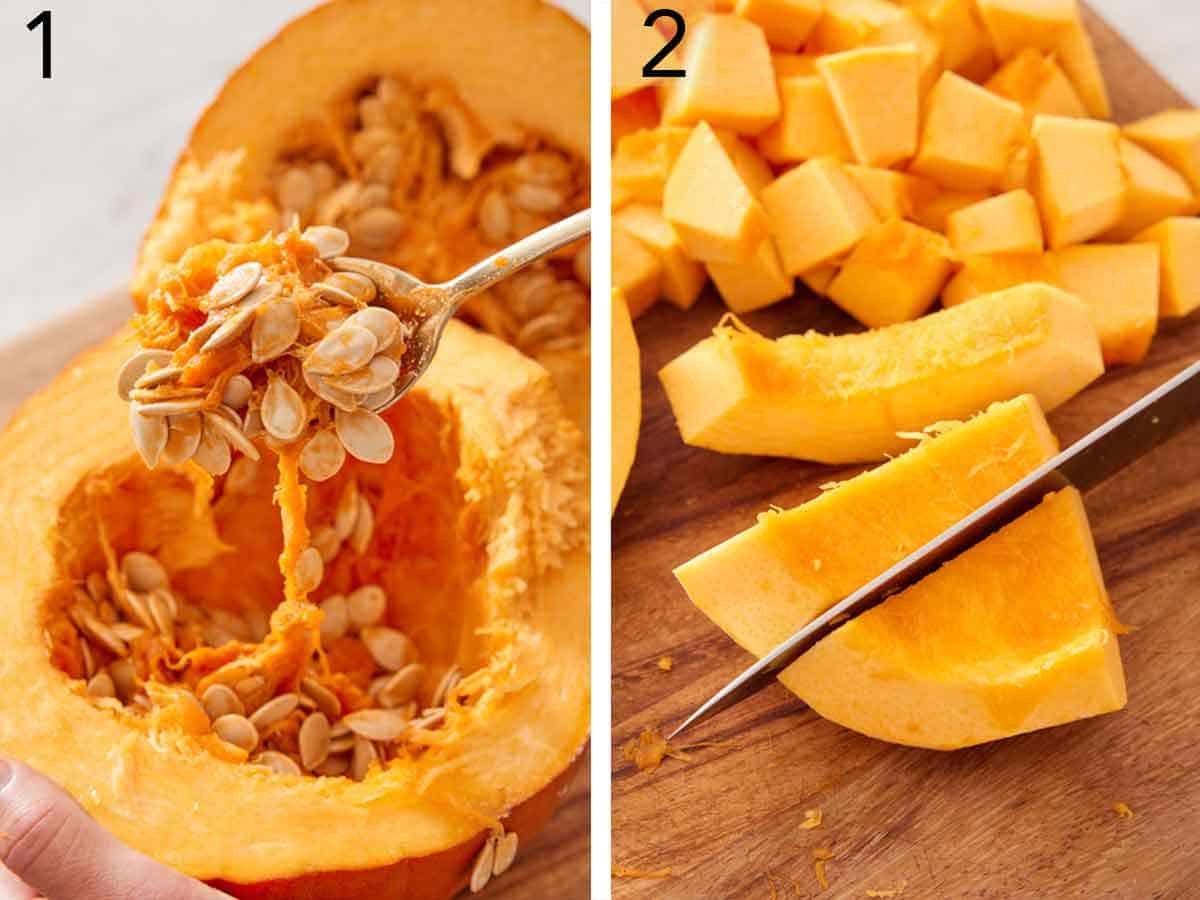Bloating can make your stomach feel swollen and uncomfortable, especially after a heavy meal. It happens when the muscles in your digestive system aren’t working properly. This can lead to increased discomfort and pressure, making your stomach appear larger than it actually is.
In extreme cases, bloating can become more severe and complicated. While there are serious medical conditions that can cause bloating, most often it’s the result of a bad diet and certain foods that you may have a low tolerance for or allergies to.
If you’re looking to reduce or eliminate bloating, here are 9 proven ways to help:
1. Avoid Overeating
If you’re prone to bloating, it’s best to avoid eating large amounts of food in one sitting. Some people have increased sensitivity to the amount of food in their stomach, so eating smaller portions can help prevent bloating.
2. Identify and Remove Food Allergies or Intolerances
Food allergies and intolerances are common causes of bloating. Some of the main offenders include lactose, wheat, fructose, gluten, and eggs. If you suspect that certain foods are causing your bloating, try eliminating them from your diet to see if it makes a difference.
3. Be Mindful of Swallowing Air and Gas
Swallowing air and gas can also lead to bloating. Carbonated beverages are a major culprit as they contain dissolved gases. Being mindful of your swallowing habits and avoiding carbonated drinks can help reduce bloating.
4. Avoid Gas-Producing Foods
Certain foods can contribute to gas production in your system and result in bloating. If you notice that certain foods consistently make you feel bloated, try to avoid them. Fatty foods can also slow down digestion, so it’s best to limit their consumption.
5. Consider a Low FODMAP Diet
A low FODMAP diet has been shown to be effective in reducing bloating for people with Irritable Bowel Syndrome (IBS). FODMAPs are indigestible carbohydrates found in certain foods. Common high-FODMAP foods include wheat, onions, garlic, broccoli, cabbage, cauliflower, artichokes, beans, apples, pears, and watermelon.
6. Be Cautious with Sugar Alcohols
Sugar alcohols, found in many sugar-free products, can cause digestive issues and bloating, especially when consumed in large amounts. It’s best to avoid or limit your intake of sugar alcohols, such as those found in sugar-free chewing gum.
7. Try Digestive Enzyme Supplements
Over-the-counter digestive enzyme supplements can help break down certain food components and alleviate bloating and other digestive problems. Consult with your healthcare provider to see if these supplements are right for you.
8. Address Constipation Promptly
Constipation can worsen bloating symptoms. Increasing your intake of magnesium and staying physically active can help prevent and relieve constipation, thereby reducing bloating.
9. Harness the Power of Probiotics
Probiotic supplements have been shown to reduce gas production and bloating in people with digestive problems. Consider incorporating probiotics into your daily routine to support a healthy gut.
Remember, bloating is common and can often be managed through dietary and lifestyle changes. By following these tips, you can take control of your bloating and enjoy a more comfortable digestive system.
